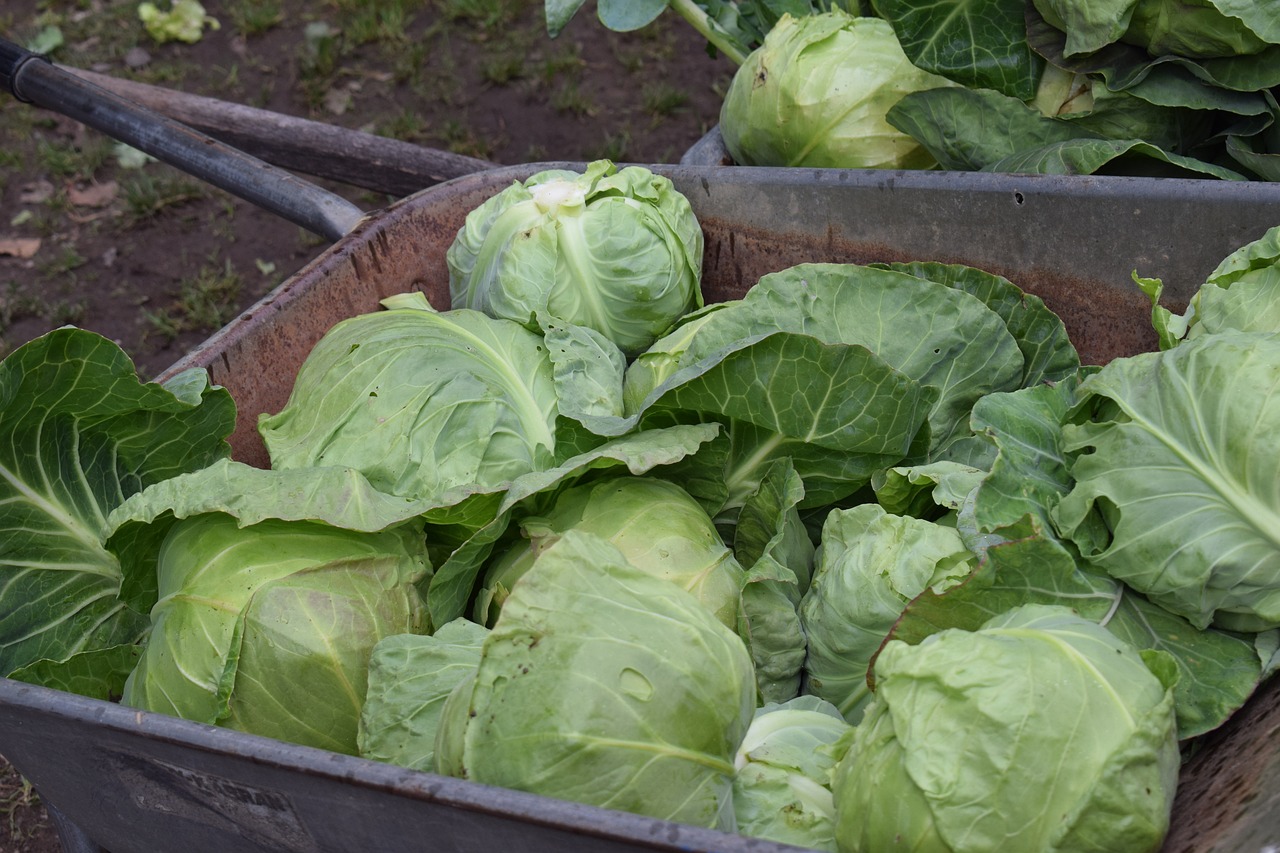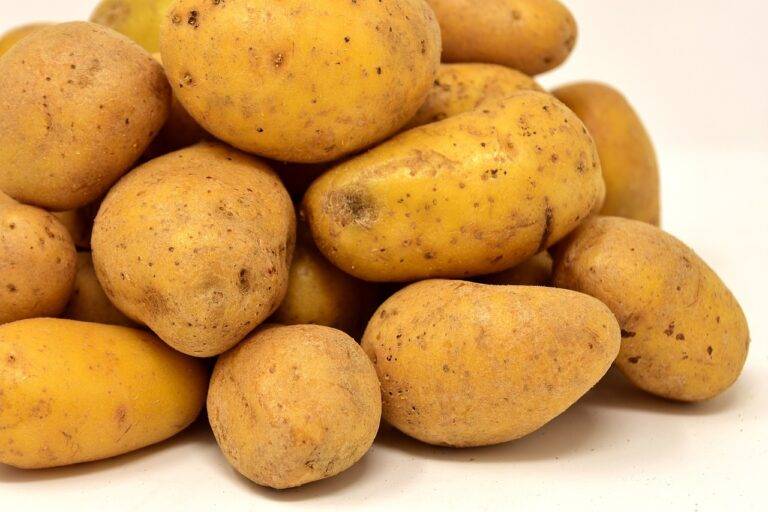Exploring the Role of Meat Processing in Poverty Alleviation: Goldbet7.com login, Radha exchange, 11xplay online
goldbet7.com login, radha exchange, 11xplay online: Exploring the Role of Meat Processing in Poverty Alleviation
Meat processing plays a crucial role in poverty alleviation by creating job opportunities, contributing to economic growth, and increasing food security. In many developing countries, the meat processing industry is a significant source of employment, especially in rural areas where job opportunities are limited. This article will delve into the importance of meat processing in poverty alleviation and how it can be leveraged to improve the livelihoods of communities.
The Role of Meat Processing in Job Creation
One of the key benefits of meat processing is its ability to create job opportunities for individuals with varying skill levels. From animal slaughter and processing to packaging and distribution, the meat processing industry requires a diverse workforce. In developing countries where unemployment rates are high, the meat processing sector can provide much-needed employment opportunities for both skilled and unskilled laborers.
By investing in meat processing facilities and training programs, governments and private sector entities can create sustainable employment opportunities that benefit local communities. In addition to direct employment in processing plants, the meat industry also generates jobs in ancillary sectors such as transportation, packaging, and retail. These indirect employment opportunities further contribute to poverty alleviation by creating a ripple effect of economic growth.
The Economic Impact of Meat Processing
Meat processing has a significant economic impact on societies by contributing to GDP growth, increasing export revenues, and stimulating local economies. In many developing countries, the meat processing industry is a major contributor to GDP, generating substantial revenues through domestic sales and exports. By investing in modern processing technologies and value-added products, countries can improve the competitiveness of their meat industry and increase their share of the global market.
Furthermore, the meat processing sector creates opportunities for small-scale farmers and livestock producers to access formal markets and earn higher incomes. By providing a market for livestock products, processing facilities enable farmers to maximize the value of their animals and improve their livelihoods. This direct link between farmers and processors strengthens the agricultural value chain and promotes sustainable economic development in rural areas.
Food Security and Nutrition
Meat processing also plays a critical role in enhancing food security and improving nutrition outcomes in communities. Processed meat products such as canned meat, sausages, and jerky have longer shelf lives and can be stored and transported more easily than fresh meat. This increased shelf life makes processed meat products an important source of protein, vitamins, and minerals for populations that may have limited access to fresh meat.
By diversifying the range of meat products available in local markets, processing facilities can improve dietary diversity and address nutritional deficiencies in vulnerable populations. Additionally, meat processing can help reduce post-harvest losses of livestock products, ensuring that valuable animal protein is not wasted. By improving access to safe and nutritious meat products, processing facilities contribute to better health outcomes and enhanced well-being for communities.
Challenges and Opportunities
Despite its many benefits, meat processing also faces several challenges that can hinder its role in poverty alleviation. These challenges include inadequate infrastructure, limited access to finance, and insufficient technical skills among workers. To address these challenges, governments, development organizations, and private sector entities must invest in infrastructure development, provide training programs for workers, and facilitate access to credit for small-scale processors.
In addition to addressing these challenges, there are also opportunities to enhance the role of meat processing in poverty alleviation. By promoting sustainable production practices, supporting small-scale processors, and expanding market access for meat products, countries can unlock the full potential of the meat processing sector to drive economic growth and reduce poverty. By leveraging the strengths of the meat industry and addressing its weaknesses, countries can create a more inclusive and resilient food system that benefits all stakeholders.
FAQs
Q: What are the environmental impacts of meat processing?
A: Meat processing can have environmental impacts such as water pollution, greenhouse gas emissions, and deforestation. By adopting sustainable practices and investing in eco-friendly technologies, the meat industry can minimize its environmental footprint and contribute to conservation efforts.
Q: How can consumers support sustainable meat processing?
A: Consumers can support sustainable meat processing by choosing products from ethical and environmentally conscious brands, reducing food waste, and advocating for policies that promote animal welfare and environmental sustainability.
Q: What role do government policies play in promoting the meat processing industry?
A: Government policies play a crucial role in promoting the meat processing industry by creating an enabling environment for investment, providing incentives for technology adoption, and ensuring compliance with food safety and quality standards. By implementing supportive policies, governments can stimulate growth in the meat sector and enhance its contribution to poverty alleviation.
In conclusion, meat processing plays a vital role in poverty alleviation by creating jobs, stimulating economic growth, and improving food security. By leveraging the strengths of the meat industry and addressing its challenges, countries can harness the potential of meat processing to drive sustainable development and improve the livelihoods of communities. Through targeted investments, partnerships, and policy interventions, stakeholders can unlock the full potential of the meat processing sector to contribute to poverty reduction and enhance food security for all.







